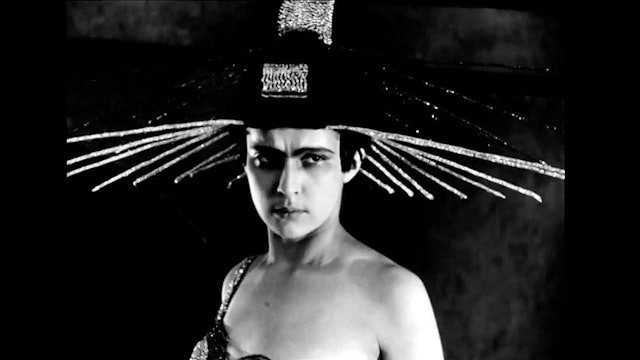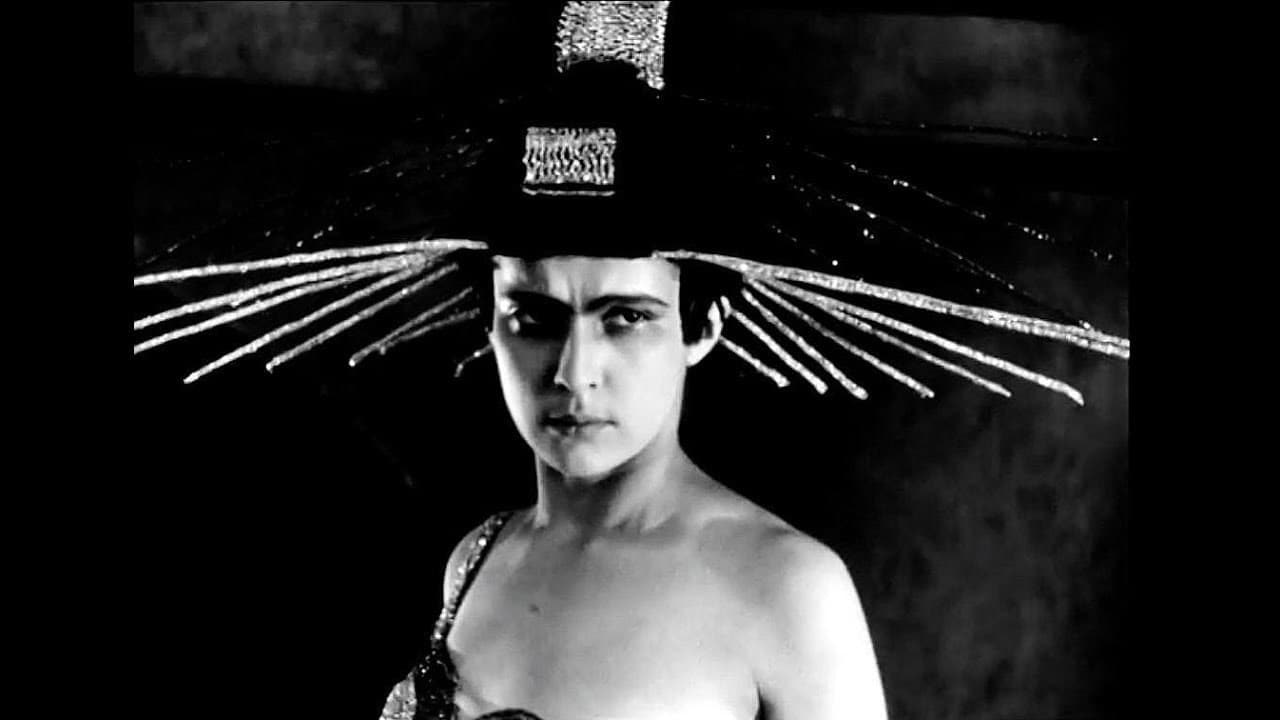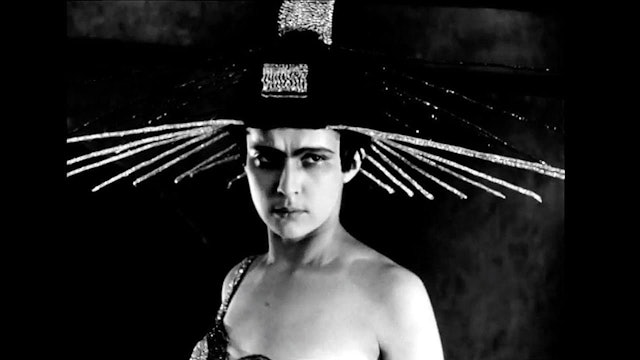Aelita
Science fiction, by Yakov Protazanov, Soviet Union, 1924.
The film follows the story of Los, an engineer who dreams of traveling through space. One day, during an experiment, he receives a transmission from Mars, which seems to come from Queen Aelita. Los builds a spaceship and departs for Mars, where he discovers a technologically advanced Martian civilization, ruled by the same Queen Aelita that he had seen in his dreams of her. Los falls in love with Aelita and helps her get rid of the tyrant who rules Mars, but her adventure turns out to be just a dream.
The film was positively received upon its release, both in the Soviet Union and abroad, and achieved great commercial success. "Aelita" was praised for its technical innovations, such as special effects and space flight scenes, which were achieved with the use of miniatures and stop-motion. The film deals with social and political issues such as class struggle and the question of the communist revolution. He was criticized for the way he portrayed Martian society as a utopian place, with no internal conflicts, which appeared to be an ideological vision of the communist future. "Aelita" was one of the first science fiction films ever made and had a significant impact on Russian and international popular culture. A film to be seen also for its innovative cinematic techniques, including stop-motion animation, and for its political message on the power of the working class. The most famous sequence is the one set in the extraordinary Martian constructivist set by Isaac Rabinovich and Victor Simov, with costumes designed by Aleksandra Ekster. Their influence can be seen in a number of later films, including the Flash Gordon serials, Metropolis, Fritz Lang's, Woman in the Moon, and most recently Liquid Sky.
LANGUAGE: English
SUBTITLES: Spanish, French, German, Portuguese



